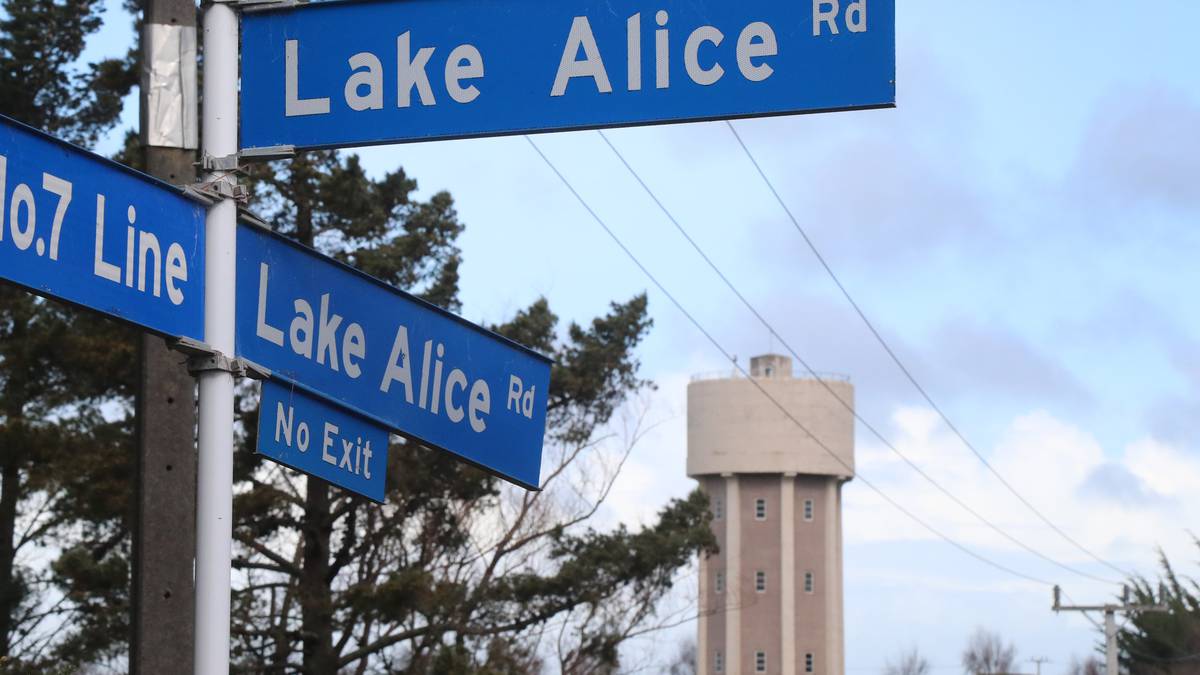By Andrew McRae of RNZ
Alan Hendricks’ father was a nurse in the child and adolescent unit at Lake Alice Hospital and he threatened his son on more than one occasion that, if he did not behave, he would be sent there.
At the age of 13, the threat came true.
Hendricks has shared his story at the Royal Commission into Abuse in Care at a public hearing in Auckland.
He spent nine months in the unit between May 1974 and January 1975.
He did not have a mental illness of any kind.
Once he was admitted to the unit his father, who has a different last name, was transferred to another unit at the hospital.
”I don’t know if my father is still alive, it doesn’t really worry me if he is or not. He had no clear conscience, that’s obvious. How can you put your own child into a place you worked at knowing full well what was going on?”
In the time Hendricks was at Lake Alice, he quite often saw his father driving past.
”I’d wave and he would just ignore me, so that was pretty hard.”
He said he could not understand how he could suddenly go from his home to an institution within half an hour.
”Who had the right to incarcerate me? Was that legal?”
He said he was there because his father just wanted him out of the house and used his friendship with the head of the unit, Dr Selwyn Leeks.
Hendricks said his first impression of Leeks was that he was a nice guy.
”That was just a front. He was just a snake sitting in the grass. He was a bastard.”
Hendricks said his father must have been thinking about getting him sectioned to Lake Alice for a long time.
”He wanted to get rid of me and Leeks was quite happy to have another child to torture.”
He said his father was well aware of what went on in the unit.
”He knew bloody well. He used to tell me before I was ever admitted, I should take you out there. You wouldn’t like it. He mentioned ECT and mentioned (the drug) paraldehyde and there was always those threats.”
He said Lake Alice was a very scary place.
While he was never given ECT, he was well aware it was being used as a punishment.
He said the ECT machine was wheeled about to scare them.
”You could have heard a pin drop. Everybody was shit scared.”
Hendricks said the children picked out for electric shocks were dragged away.
”You heard the screams, you heard the cries. It was horrible.”
Drug used as punishment
While never experiencing the electric shocks himself, he received the drug, paraldehyde, for supposedly being naughty.
”I was just a normal 13-year-old boy running around and being noisy.”
He and some other boys were lined up outside the surgery waiting their turn.
”The screams, the line getting shorter. You couldn’t go anywhere, you had nowhere to go. You just knew your number was coming up because I was number six in line, and when my turn came I was given paraldehyde.
”I was held down by a nurse who injected me with paraldehyde. I can’t explain the pain. It was like someone putting boiling water on your arm.”
Hendricks said in later life he has had two hip operations and spinal surgery which were painful, but the pain from the paraldehyde was worse.
He was discharged from Lake Alice and put into social welfare care by his father and sent to a boys’ home.
Not long after, his mother finally found out where he was and got custody of her son. She had remarried and Alan took his stepfather’s surname.
Lifelong stigma
He said the stigma of being in Lake Alice has stayed with him ever since.
”It’s a frightening experience. You can’t put words to it really. You are there and there is nothing you can do about it.”
Hendricks told the Royal Commission he wants someone to step up and take accountability and responsibility for what happened to people like him.
”This needs to be individuals, such as Selwyn Leeks and my father, and also those who were in charge in government at the time who turned a blind eye to everything that was going on. They let this happen, and no one owned up to it.”
The chair of the commission, Judge Coral Shaw, told Hendricks that it was plain from all of his records that he never had any mental illness and that he was assessed as a highly intelligent adolescent who was not able to function anywhere near his ability due to a severe breakdown in his family.
– RNZ
Source: Read Full Article

/cloudfront-ap-southeast-2.images.arcpublishing.com/nzme/32XOWE4R7T2AVVD7GR3CDUHRUI.jpg)




